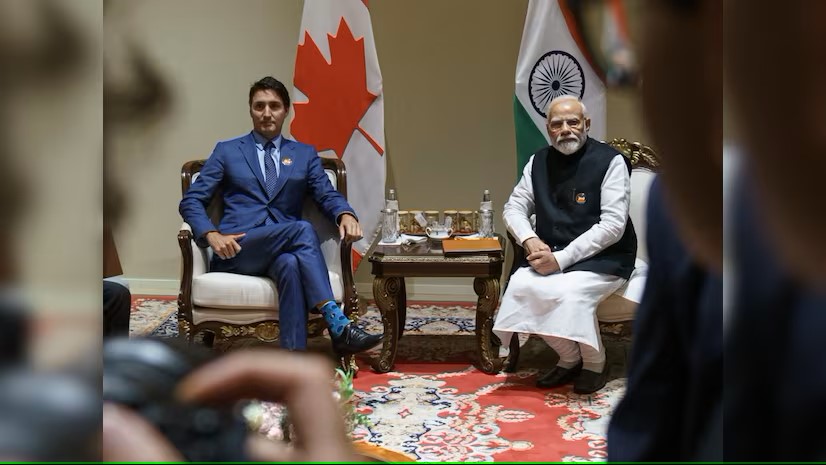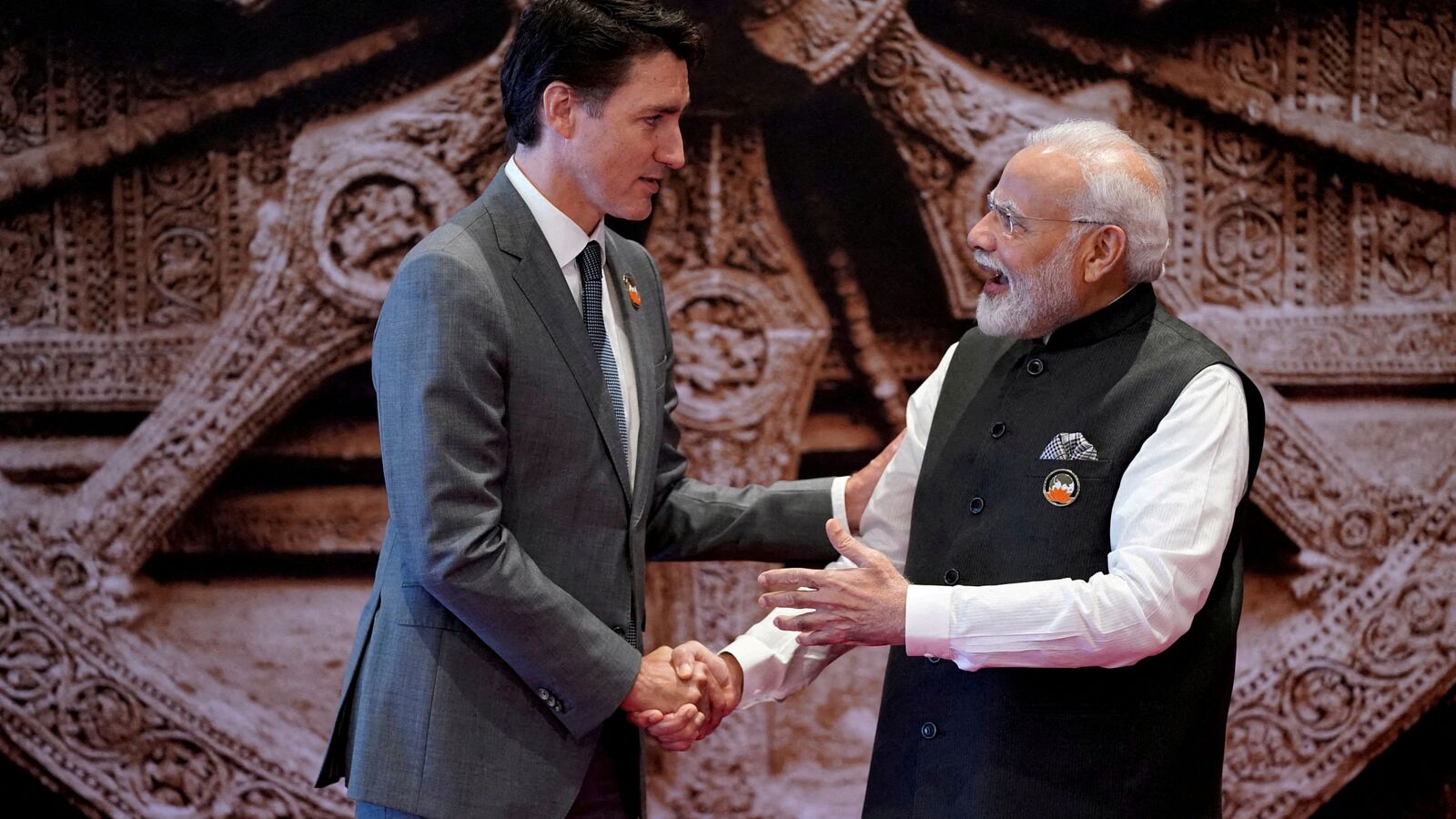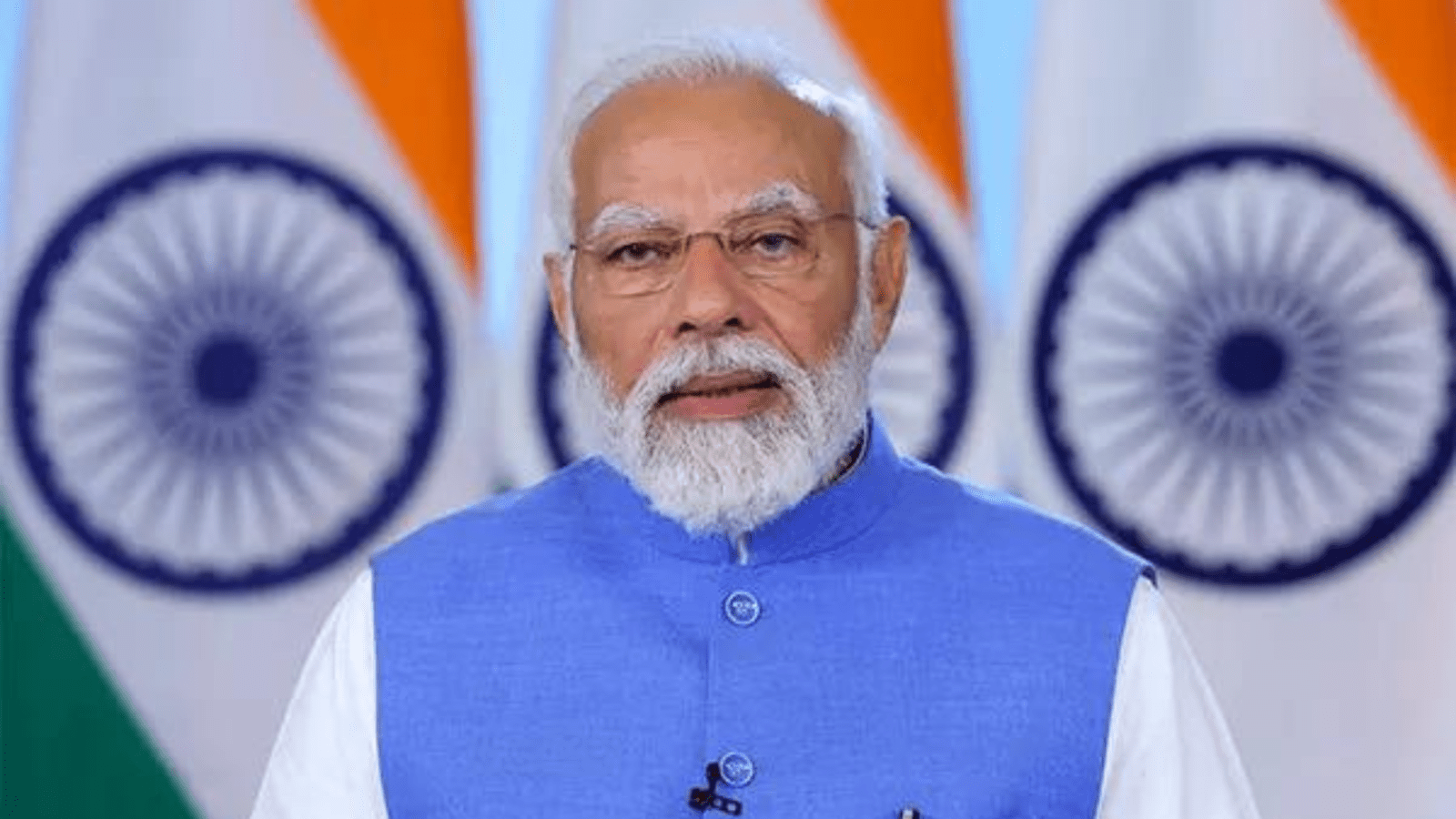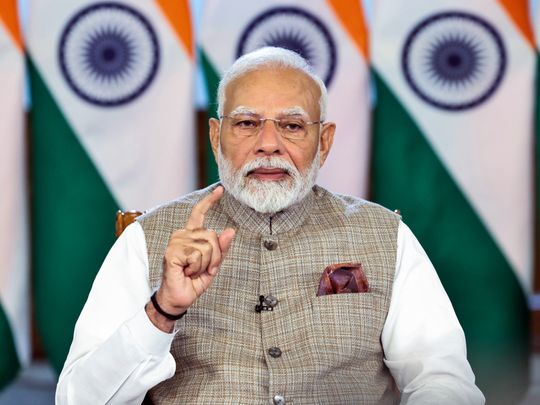On the final day of his tenure as the Chief Justice of India, Justice DY Chandrachud shared his parting thoughts from the ceremonial bench, marking the end of his two-year term. Reflecting on his time in office, he acknowledged with a sense of finality, “I won’t be able to deliver justice from tomorrow, but I am content.”
 Assuming the role on November 9, 2022, Justice Chandrachud’s leadership saw a transformative period for India’s judiciary. As his term concluded, he reminisced about a light-hearted exchange with his registrar the evening before, where he jokingly questioned whether anyone would attend his farewell ceremony at 2 pm on a Friday afternoon. Despite his humour, his message was deeply sincere, underscoring the commitment judges make to the judicial system. He likened their work to that of pilgrims, arriving daily with a dedication to serve the people of India.
Assuming the role on November 9, 2022, Justice Chandrachud’s leadership saw a transformative period for India’s judiciary. As his term concluded, he reminisced about a light-hearted exchange with his registrar the evening before, where he jokingly questioned whether anyone would attend his farewell ceremony at 2 pm on a Friday afternoon. Despite his humour, his message was deeply sincere, underscoring the commitment judges make to the judicial system. He likened their work to that of pilgrims, arriving daily with a dedication to serve the people of India.
The outgoing Chief Justice paid tribute to his predecessors, acknowledging the many great judges who had shaped the institution. He expressed confidence in his successor, Justice Sanjiv Khanna, describing him as an able leader capable of carrying forward the important work of the Court.
Reflecting on the human side of the judicial process, Justice Chandrachud offered an apology, stating, “If I have ever hurt anyone in the court, please forgive me for that,” quoting the Jain phrase Michhami Dukkadam, which conveys the sentiment, “May all my misdeeds be forgiven.”
Justice Sanjiv Khanna, who is set to be sworn in as the 51st Chief Justice of India on November 11, spoke warmly of Justice Chandrachud’s legacy. He praised his contributions, especially to marginalized communities, and acknowledged the Chief Justice’s personal qualities. He also fondly recalled Justice Chandrachud’s known love for samosas, humorously noting that the Chief Justice always ensured they were present at meetings, even though he refrained from eating them.
Throughout his tenure, Justice Chandrachud was instrumental in various landmark judgments that reshaped India’s legal landscape. He presided over the Constitution Bench that upheld the abrogation of Article 370, addressing the political future of Jammu and Kashmir, and directed the restoration of statehood as soon as possible. He also led the decision to dismantle the controversial electoral bonds scheme, promoting greater transparency in political funding.
One of the defining features of his leadership was his focus on inclusivity within the court. Under his guidance, the Supreme Court saw the establishment of initiatives such as the Mitti Cafe, a social enterprise that provides employment opportunities to individuals with disabilities, and a dedicated space for female lawyers, fostering a more inclusive environment at the Court.
Justice Chandrachud’s time as Chief Justice of India was marked not just by legal reforms, but by his deep humanism, his commitment to justice, and his belief in the dignity of all individuals. As he bid farewell, the members of the bar, legal community, and the public expressed their admiration for his work, describing him as a judicial “rock star” whose legacy will continue to inspire.



